
Centre of Czech theatre avant-garde of the 1920s and 1930s. It was founded by directors Jindřich Honzl and Jiří Frejka as a section of the group Devětsil in the winter of 1925. During the economic crisis, it was one of the most popular theatres in the country due to Voskovec and Werich.
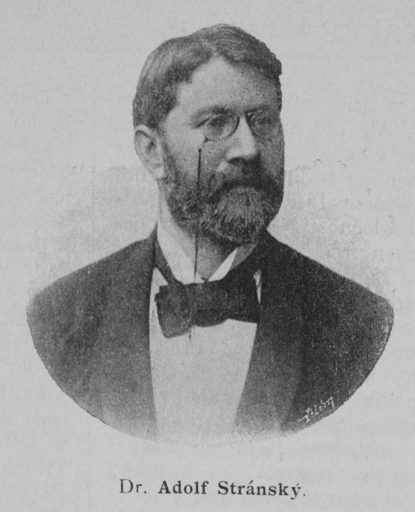
Daily newspaper in which many prominent figures of Czech culture and politics have published. The newspaper was most famous in Czechoslovakia between the two world wars.
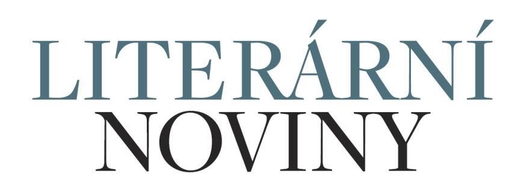
Cultural and political monthly magazine that was an important intellectual and critical platform in the 1960s, especially during the Prague Spring in 1968.

Organisation of young, mostly Moravian writers from the 1920s. Their works are influenced by Expressionism, which they took to be one of the elements of the “revolutionary wave in life and art, which is now moving around the world”.
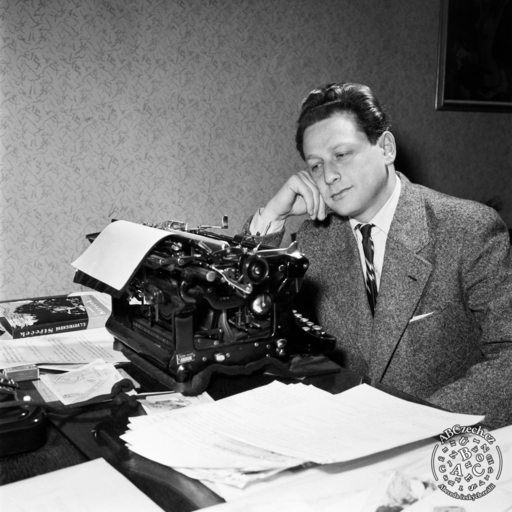
Prose writer, screenwriter and journalist. His works focus on depicting the Holocaust through life stories of seemingly insignificant, ordinary people.
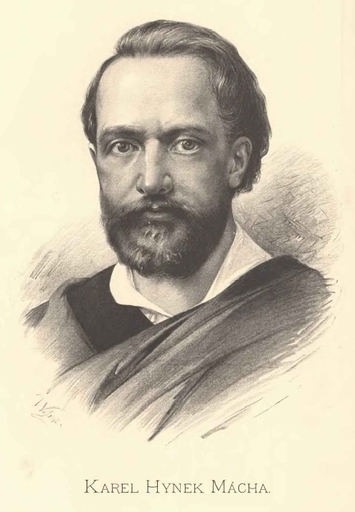
Czech poet and prose writer, representative of Czech romanticism and the founder of modern Czech poetry. He appears in textbooks primarily as the author of the lyrical epic poem May (Máj, 1836).

Poet, prose writer, journalist and politician known for initiating Czech modernism and writing its manifesto, together with F. X. Šalda. His style differs from the preceding Lumír and Ruch generations by placing more emphasis on contemporary social issues.

Prose writer, translator, theatre critic and one of the founders of Czech social novel, dealing with the relationship between individual and society. She was also a publicist, writing for the periodicals Právo lidu, Komunistka and Rudé právo.

Declaration that formulated the ideas and demands of the new generation of artists at the turn of the 19th and 20th centuries.
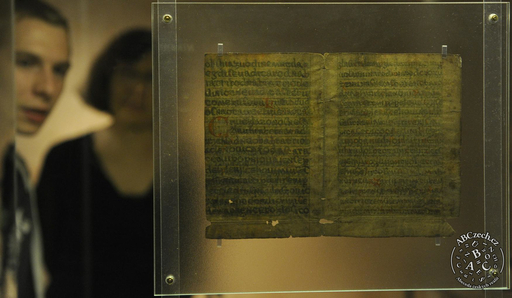
Literary forgeries that were claimed to contain records of the first Czech oral literature. The texts represent important works of poetry of the Czech National Revival.
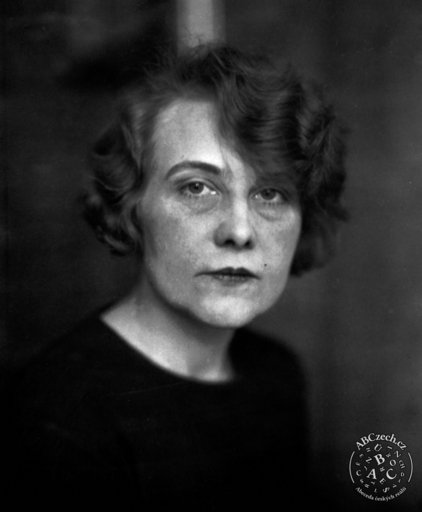
Prose writer, publicist and poet who became especially famous as a writer of psychological novels and after the war as an active participant in the political life.
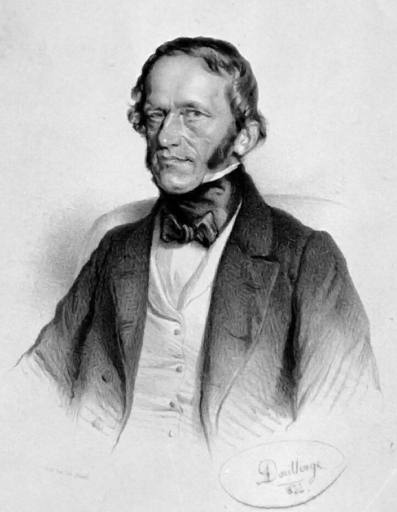
Cultural institution at the Czech Museum, founded by a group of patriots from the initiative by František Palacký. It was created for the purpose of publishing and disseminating Czech professional literature, later also fiction.

1898–1999
The Melantrich publishing company was originally called “Printing Press of National Socialist Workers” (Tiskárna národně-sociálního dělnictva), or “Book Printing Press of National Socialist Workers” (Knihtiskárna národně-sociálního dělnictva). It was founded on 9 July 1898, at the encouragement of Jaroslav Klofáč, president of the National Socialist Party. In March 1910, the company bought a house at Wenceslas Square no. 739, where it built a new building named The Star (Hvězda). At the same time, it also changed its name to “Melantrich, Book Printing Press and National Socialist Artistic Lithographic Institute” (Melantrich, knihtiskárna a umělecký litografický ústav národně-sociální). In 1917, the building was sold due to financial problems, but it was bought back in five years. In 1919, the company received the concession for selling books and opened a book shop in The Star.
The expansion of activities led to another change of the company’s name: “Melantrich, Public Limited Company for Graphic Industry and Publishing in Prague” (Melantrich, akciová společnost pro grafický průmysl a nakladatelství v Praze). The company kept growing and only the dailies and illustrated magazines remained on Wenceslas Square. Company branches opened in Ostrava in Moravia and in Brno, a later in Žilina in Slovakia as well. The company also invested into film, participating in Vladislav Vančura’s Faithless Marijka (Marijka nevěrnice, 1934) and introduced graphics design in Atelier Melantrich. It also introduced a music department and in the late 1930s bought the record company Esta. At the end of 1937, a mansard was opened in the building on Wenceslas Square for organising cultural events and the Ars exhibition hall on ground floor, which functioned until 1959. In 1938, Melantrich was one of the largest and most advanced printing companies in Europe. From February 1950, the company became an instrument of the Czechoslovak Socialist Party. In the 1950s, the phrase “Free Word” was added to the company’s name and in 1968 the company’s name reverted to its original form Melantrich. The publisher stopped its activities nine years after the Velvet Revolution.
At first, the company focused on periodicals and brochures. In 1920, it published the first Czechoslovak tabloid magazine Pražský ilustrovaný zpravodaj. Other popular magazines included Hvězda československých paní a dívek and Mladý hlasatel by Jaroslav Foglar.
The first book editions were published with magazines. The edition Románová knihovna Melantricha (1924–1928) was dedicated to translations. Women’s books were published in Ilustrovaná knihovna Hvězdy (1927– 1929). Melantrichova knižnice (1928–1934) was created under F. X. Šalda’s editorship and 81 volumes of translations and, to a lesser extent, original Czech literature were published in it. The Úroda edition (1928–1938, 101 volumes), edited by Bedřich Fučík, focused on contemporary world and Czech prose. Poetry was published in the Poezie edition (1933–1949, 63 volumes), at first edited by Bedřich Fučík and later by Antonín Matěj Píša. Other important editions brought translations from Russian, Polish, Slovak and other languages. Melantrich also published a lot of professional literature and reproductions of fine art.
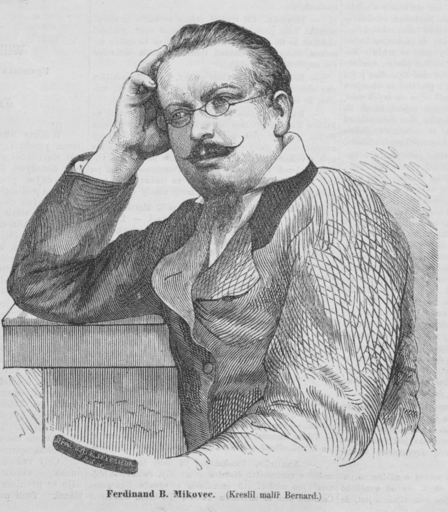
Dramatist and theatre critic who considerably contributed to a change in the perception of theatre as an educational institution towards a concept recognising its artistic function and value.
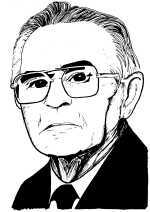
Weekly magazine primarily aimed at young readers. It was published by the publishing company Melantrich from 1935 until 1941.

The first Czech magazine of decadents and symbolists. It was published between 1894 and 1925.
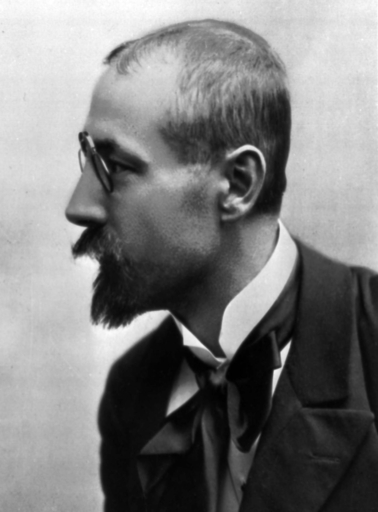
Writer and dramatist, famous for the play Maryša, as well as the chronicle novel A Year in a Village (Rok na vsi).

Writer, dramatist and literary critic. His work spans Realism, Impressionism, Art Nouveau and early Expressionism. He is also the author of Bestia triumphans (1897), a manifesto opposing the urban renewal scheme of the historic centre of Prague.
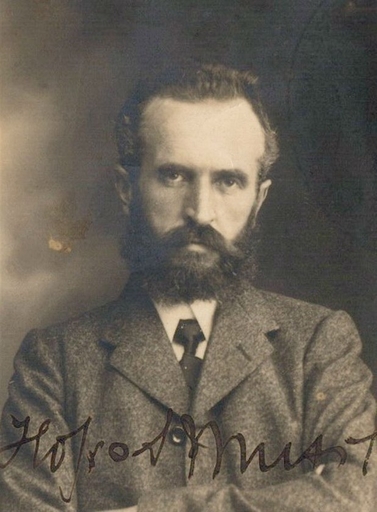
Czech Catholic priest, theologian, expert in Biblical studies, explorer, ethnographer and writer, the most important European orientalist and Arabist of his time.
2016-2020 ABCzech.cz - © Filozofická fakulta Univerzity Karlovy
Content from this website may be used without permission only for personal and non-commercial purposes and with the source cited. Any other use is allowed only with the authors' consent.
This web application Sonic.cgi meets GDPR requirements. Current information can be found here.